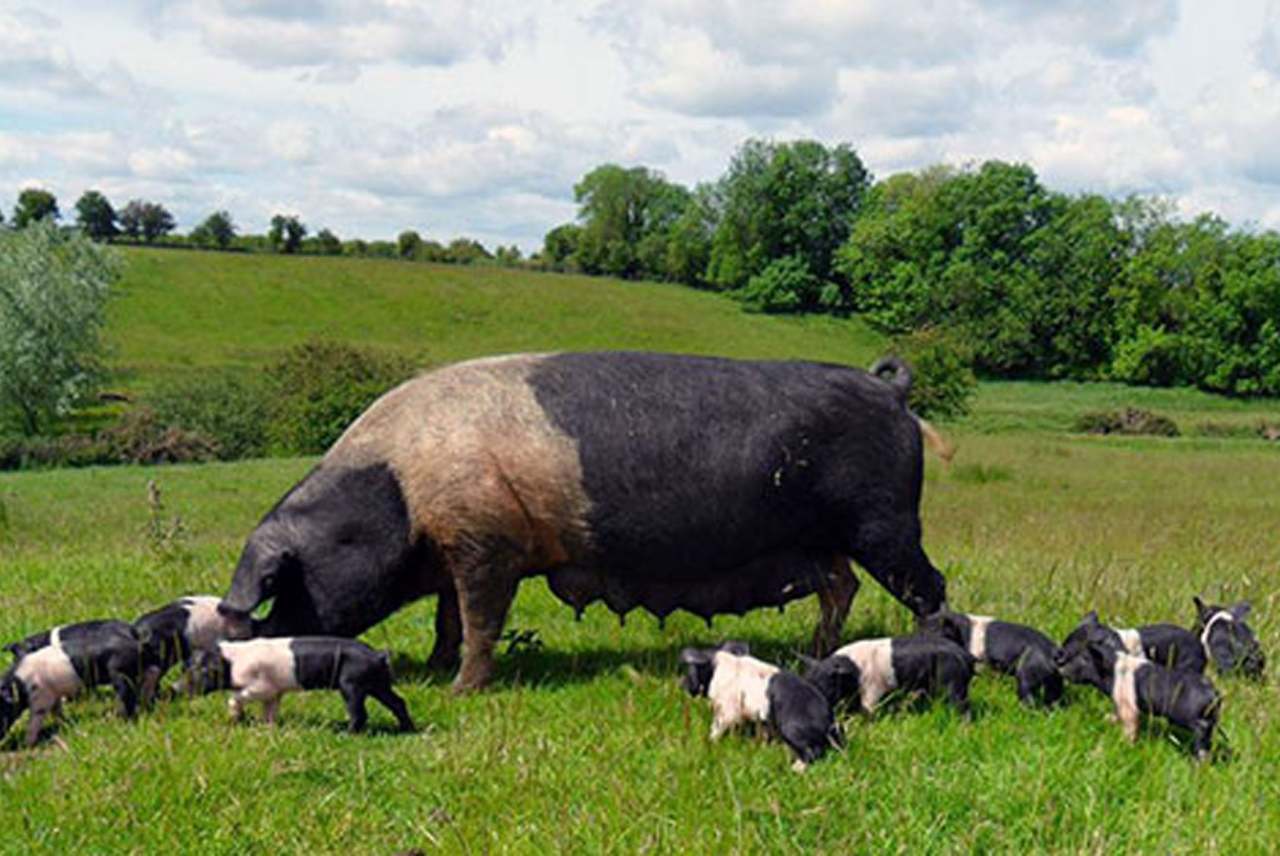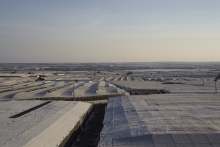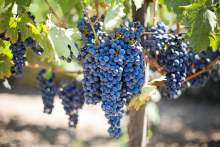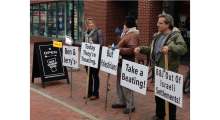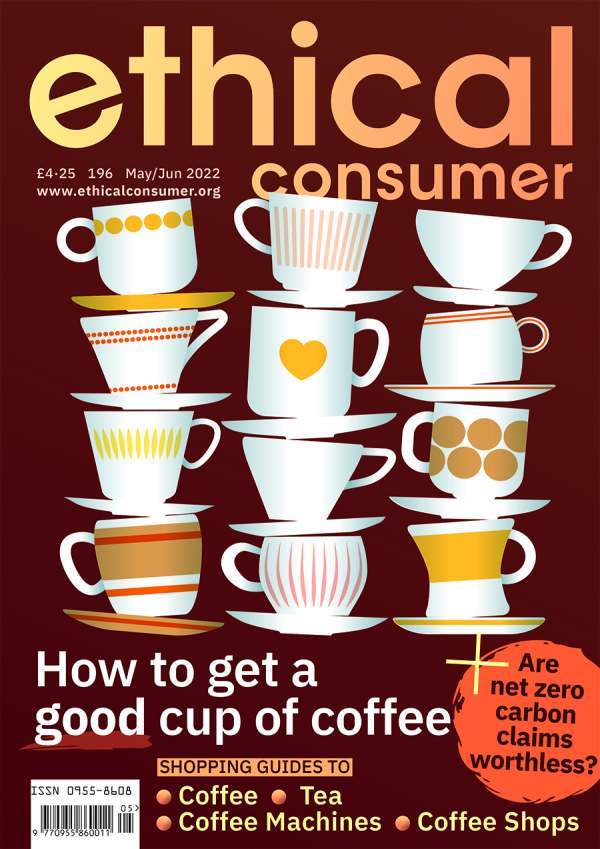Pigs in Chains
The Farms Not Factories group has just launched a campaign to urge high street food chains to support high welfare pig farms.
Shockingly, it found that 73% of the 60 high street supermarkets and food chains it surveyed sell pork from factory farms.
The vast majority of these don’t offer a single high welfare alternative.
Pigs reared in factory farms (an intensive farming system that is permitted under the Red Tractor labelling scheme) have to endure permanent indoor confinement in barren, overcrowded pens for their entire lives. Sows are kept in narrow metal cages so small they cannot even turn around for weeks on end.
RSPCA Assured, Free Range and Organic all have significantly better standards than the Red Tractor labelling scheme and the minimum UK & EU standards.
Some well known high street chains have already made the switch to one of these high welfare labels. For example, the Co-op only sells Outdoor Bred RSPCA Assured pork throughout their entire own-brand fresh pork range.
Farms Not Factories are calling on people to petition high street food chain and supermarket CEOs, urging them to only source high welfare pork across their entire own brand ranges. They are also calling on the UK government to ban the importation of pork produced in conditions that would be illegal in the UK.
Farms Not Factories are also urging people to only buy RSPCA Assured, Free Range or, best of all, Organic pork. Alternatively, help pigs and the planet by giving up pork altogether.
For a full breakdown of the 60 companies surveyed and to sign the petitions go to the Farms not Factories website.
